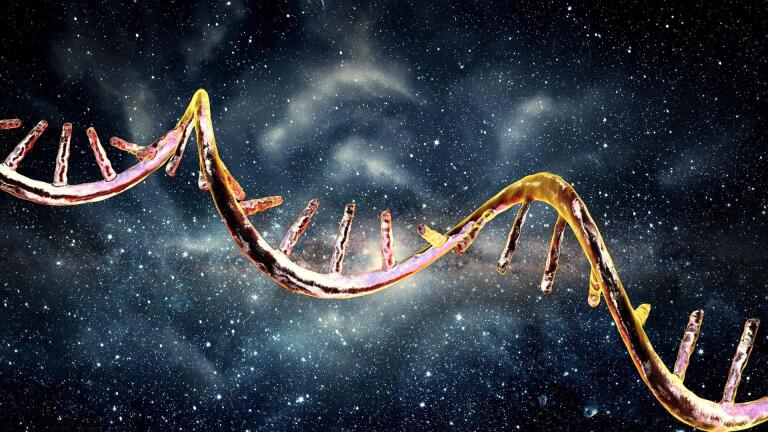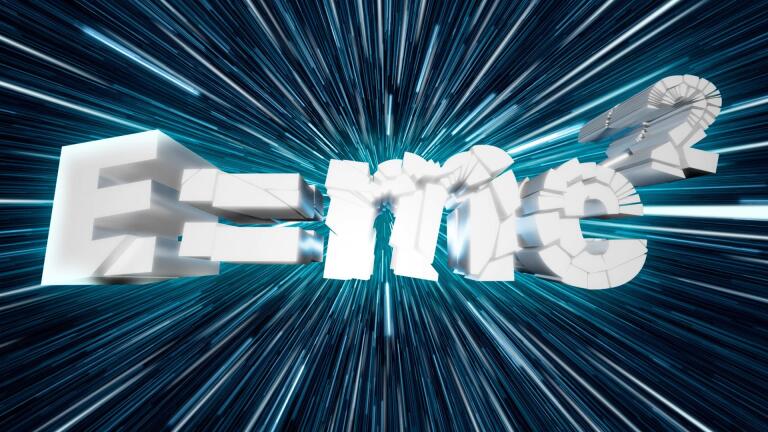Up Next

Is It Impossible To Cross The Event Horizon? | Black Hole Firewall Paradox
Season 10
Episode 12
17:25

The New Physics of Black Hole Star Capture | Extreme Tidal Disruption Events
Season 10
Episode 21
17:44
Back to Show
PBS Space Time
What’s The Universe’s Strongest Particle Accelerator?
Season 10
Episode 11
Cern's Large Hadron Collider routinely collides particles at energies equivalent to a fraction of a second after the Big Bang, but a particle with the energy of an LHC collision hits every square kilometer of the Earth every single second. And we only relatively recently figured out where these cosmic rays are coming from.
Support Provided By
Season

17:23
How is it possible to tell if a space rock will one day collide with the Earth?

15:58
Did you know that many of us have up to 4% neanderthal DNA?

16:35
What if the Big Bang was just an endless cycle?

19:39
Why are billions suddenly being pumped into fusion startups?

16:36
The universe should've collapsed after the Big Bang, but a light Higgs boson let us exist.

14:30
Maybe dark energy doesn't exist?

18:32
Dark matter has eluded us for many decades but we may be able to discover more now.

15:35
What do you get if you combine something that’s infinitely massive and negative infinitely massive?

13:39
What does an electron really look like?

16:35
Is there a limit to how much energy you can cram into, or pull out of one patch of space?

17:19
I’d like to invite you to an even higher level of nerdom!

11:43
Gravitational tsunamis exist and we’re on the verge of being able to detect them.









